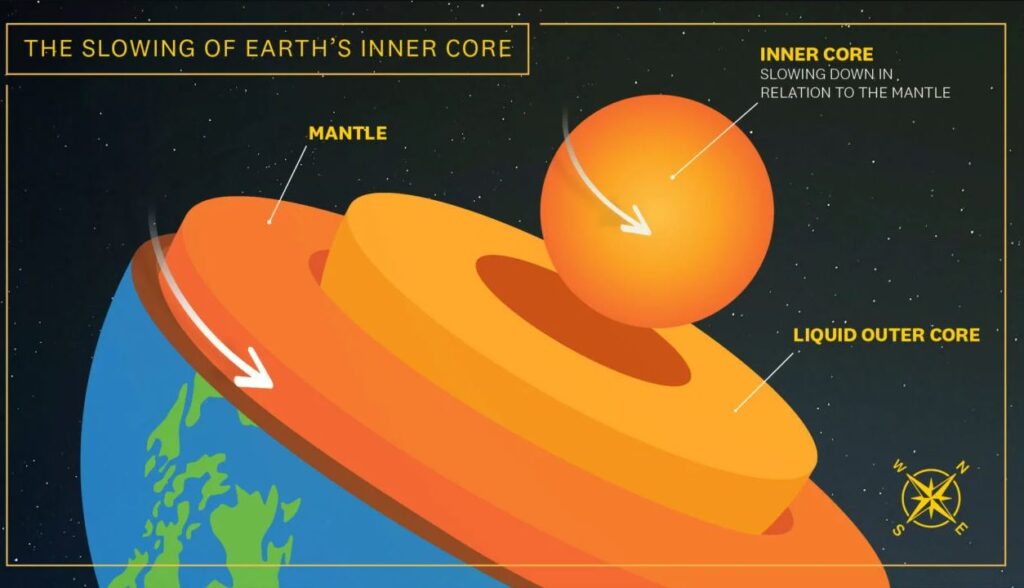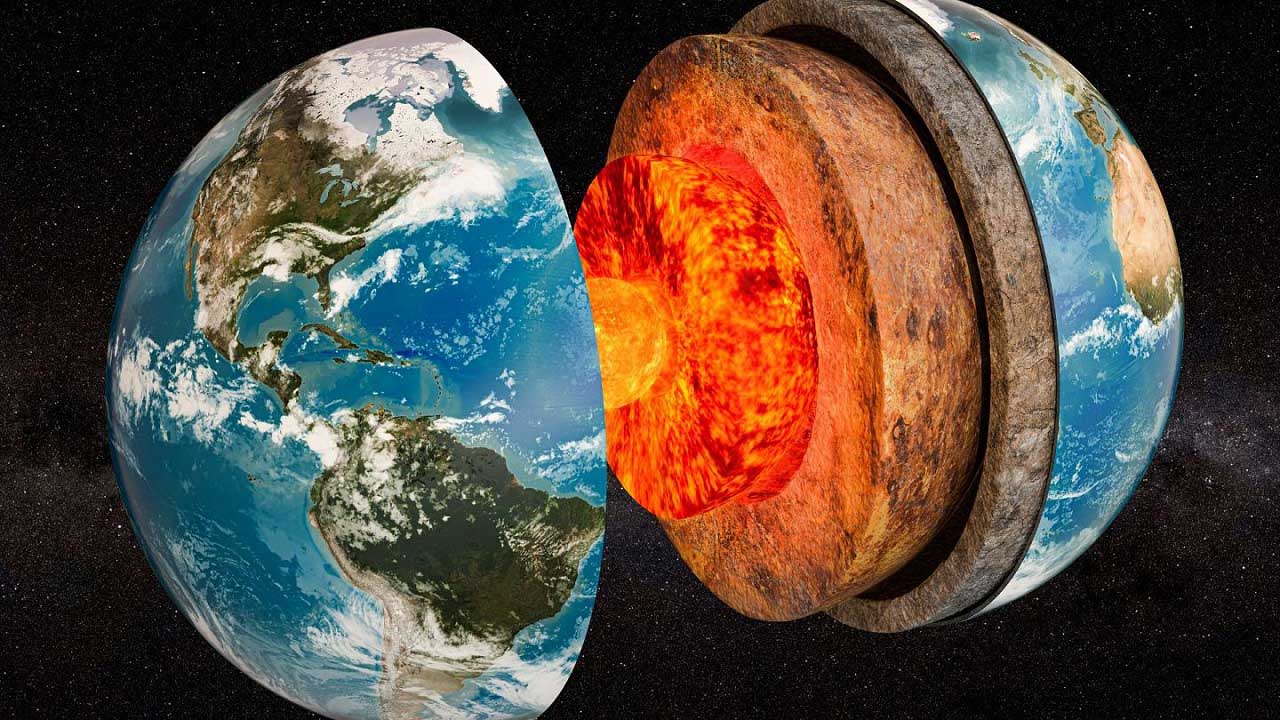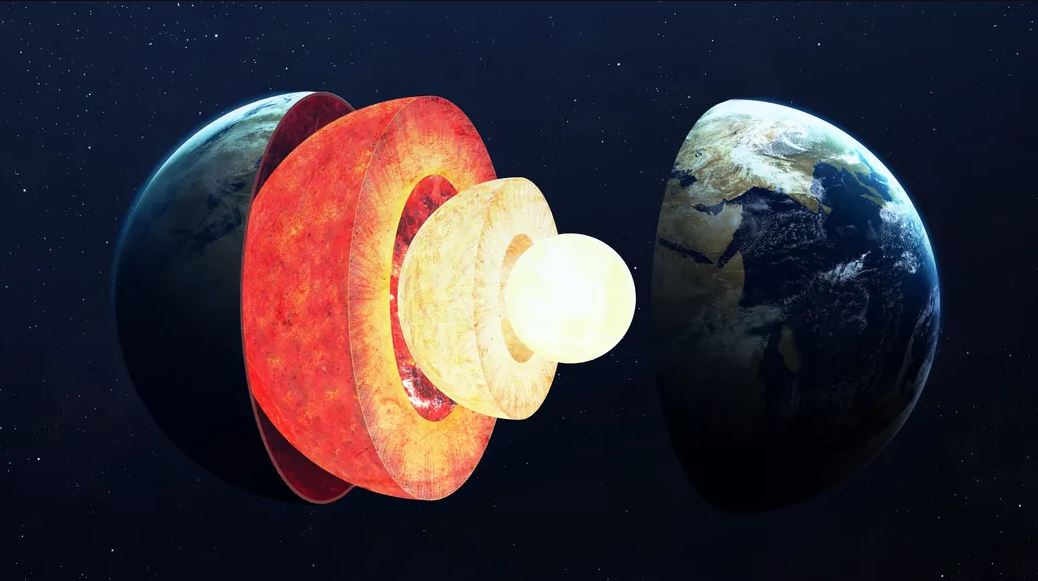New study confirms rotation of Earth's inner core has indeed slowed
A new study confirms that the rotation of the Earth's inner core is indeed slowing down, raising questions about what is happening at the center of the planet and what impact this may have.
The author of the discovery is a group of researchers from Southern California. According to them, this change in the rotation of the nucleus can affect the length of the day, but only by a few fractions of a second, which we cannot even feel.
"When I first looked at the seismogram showing this change, I was confused. But when it was confirmed by more than twenty other observations, the result became obvious," says Earth scientist John Vidal.
The inner core is a superhot, superdense ball of iron-nickel about two-thirds the size of the Moon. It is located under our feet, at a depth of almost 4,800 kilometers, and therefore, it is quite difficult to study. However, his research should tell us a lot about the history of our planet .

In the new study, Vidal and his colleagues examined records of earthquakes in the Sandwich Islands in the South Atlantic between 1991 and 2023. Also added data from several nuclear tests. Each of these events had significant reverberations on the planet.
The researchers recorded how these waves accelerate, decelerate and interact, allowing them to estimate the position and motion of the inner core. The researchers speculate that its apparent slowdown relative to the surface , which appears to have begun in 2010, may be due to the constant movement of liquid iron in the outer core (which generates Earth's magnetic field) or the pull of gravitational forces.
It is not yet known what all this means. Changes in the speed, rotation and oscillations of the inner core are not uncommon, and therefore there is no reason or sign to believe that we are dealing with some kind of apocalyptic event. The length of day and night may change slightly, but only slightly.
"It will be very difficult to see, maybe a thousandth of a second, which will be completely lost in the noise of the ocean and atmosphere," says Vidal.
More precisely, we can say that this research sheds new light on the secrets hidden in the geological depths of the Earth . The rotation of the Earth's inner core is an issue that scientists are always very interested in.
The study was published in the journal Nature .
Adapted from usc.edu and ScienceAlert.



